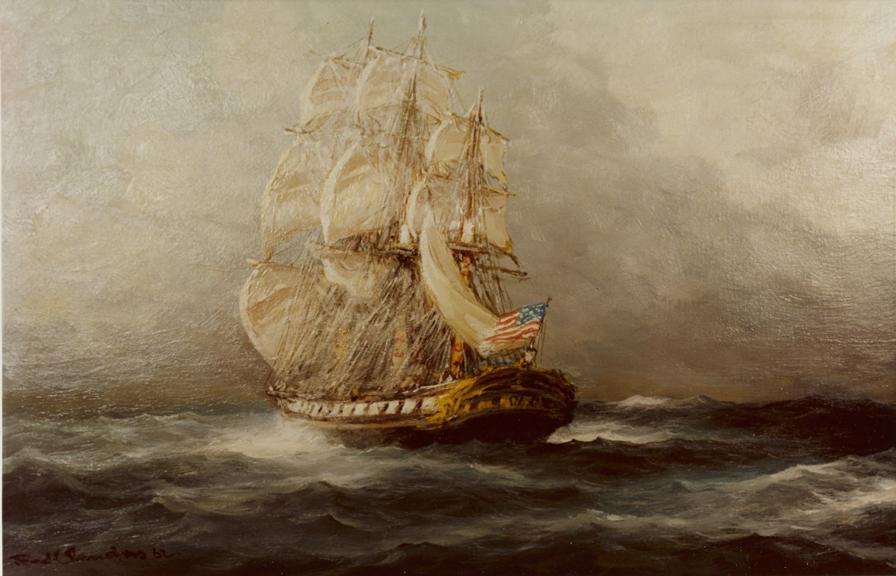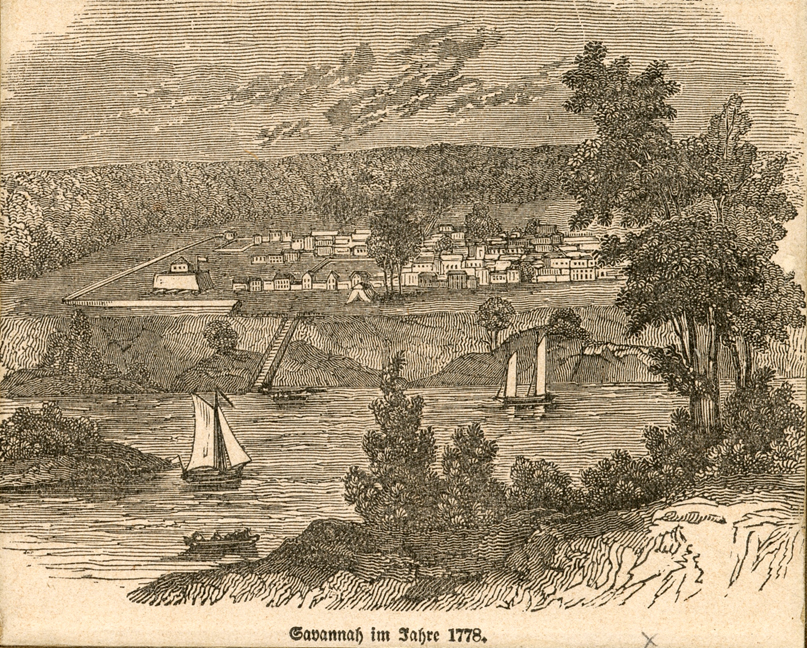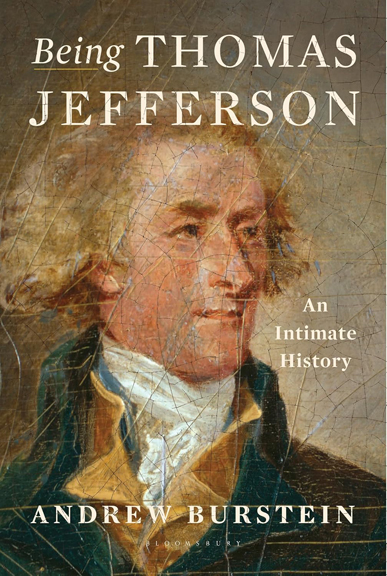The March 18, 1777 Pennsylvania Packet (Philadelphia) published an essay by “S.” that classified five political characters of Americans. The article was republished in the April 23 Connecticut Journal (New Haven) and is transcribed below:
THE people of America with respect to their political characters may be divided into the five following classes. – 1. Rank Tories. 2. Moderate Men. 3. Timid Whigs. 4. Furious Whigs. 5. Staunch Whigs.
I. THE RANK TORIES are advocates for unconditional submission to Great Britain. They rejoice to every misfortune that befalls the United States. They fabricate lies to deceive and intimidate the people of America. They prefer money stamped with the mark of the beast; and at the same time they employ their utmost ingenuity to depreciate the money issued by the Congress and by Conventions. They sicken at the names of the Congress, and of General Washington. They esteem no arts too base to injure or betray the friends of America. They are in love with slavery, and have no more relish for the sweets of liberty than they have for the enjoyments of the kingdom of heaven.
II. THE MODERATE MEN are advocates for the situation of the Colonies in the year 1763. They are influenced either, I. by a connection with men who held offices under the old governments; 2dly, by an attachment to the pomp and hierarchy of the church of England; or 3dly, by a fondness for those luxuries which were introduced among as by our connection with Great Britain. In this respect they resemble the children of Israel, who say of themselves, “We remember the fish, which we did eat in Egypt freely; the cucumbers, and the melons, and the leeks, and the onions, and the garlic; but now our soul is dried away: There is nothing at all besides this manna before our eyes. Num. xi. 5, 6. They think freedom too dear when purchased with the temporary loss of tea, coffee, sugar, wine and rum. Good mutton, beef, bread, milk and the fruits of our earth, which are the “manna” of this country, appear “as nothing at all in their eyes.” Lastly, it is characteristic of a Moderate Man to hate the people of New-England, and to love all rank Tories.
III. THE TIMID WHIGS speak of the power of Britain as if the Supreme Being had delegated his omnipotence to that island. They entertain a false idea of the power and resources of America. The loss of a few rifle-men in a skirmish, or of a fort, or a village, induce them to conclude that the contest is over, and that America is subdued. They have no objections to independence provided we are able to maintain it. They are perpetually harping upon the expense of the war. After the loss of a village, or a fort, they refuse to take Continental money, and fly into some obscure corner of the country for safety; but upon the news of a victory they come forth, appear stout, and wonder that any many should ever be afraid of the power of Britain. One timid Whig admitted into the councils of America does more mischief than ten rank Tories. Avarice is generally a source of his timidity.
IV. THE FURIOUS WHIGS injure the cause of liberty as much by their violence as the timid Whigs do by their tears. They think the destruction of Howe’s army of infinite less consequence than the detection and punishment of the most insignificant Tory. They think the common forms of justice should be suspended towards a Tory criminal, and that a man who only speaks against our common defence, should be tomahawked, scalped, and roasted alive. Lastly, they are all cowards and sculk under cover of an officer, or a sickly family, when they have called to oppose the enemy in the field. Woe to that State or Community that is governed by this class of men!
V. THE STAUNCH WHIGS are friends to liberty from principle. They are undismayed with misfortunes, and are not unusually elated with trifling advantages over our enemy. They are implacable in their hatred to the court of Britain. They prefer the annihilation of the Continent to reconciliation, and they had rather renounce their existence than their beloved independence. They have unshaken faith in the divine justice, had they esteem it a mark of equal folly and impiety to believe that Great Britain can ever subdue America. They are friends to order and good government, and are both just and merciful in the exercise of power. Lastly, they esteem the loss of property, of friends, and even life itself as nothing when compared with the loss of liberty. Let America look to this class of men alone for her salvation in the cabinet and the field.
Then, in 1903, the Pennsylvania Magazine of History and Biography (1903) adds a sixth character:
VI. NEITHER WHIGS NOR TORIES. These men change their conduct, and conversation according to the times and their company. They have no principles of any kind.
The declaration of independence was said to have divided and weakened the colonies. The contrary of this was the case. Nothing but the signing and recognizing of the declaration of independence, preserved the Congress from a dissolution in December 1776, when Howe marched to the Delaware. Maryland had instructed her delegates to concur in an accommodation, notwithstanding any measure (meaning independence) to the contrary. But further, the declaration of independence produced a secession of tories, timid, moderate and double minded men, from the counsels of America, in consequence of which the Congress, as well as each of the states, have possessed ten times the vigor and strength they had formerly.









One thought on “5 Political Characters of Americans”
Imagine what “S” could have done if he’d been a radio talk show host or a guest on a cable TV news show….
This is sad confirmation that political ranting and ad hominem attacks are not exclusively modern faults.